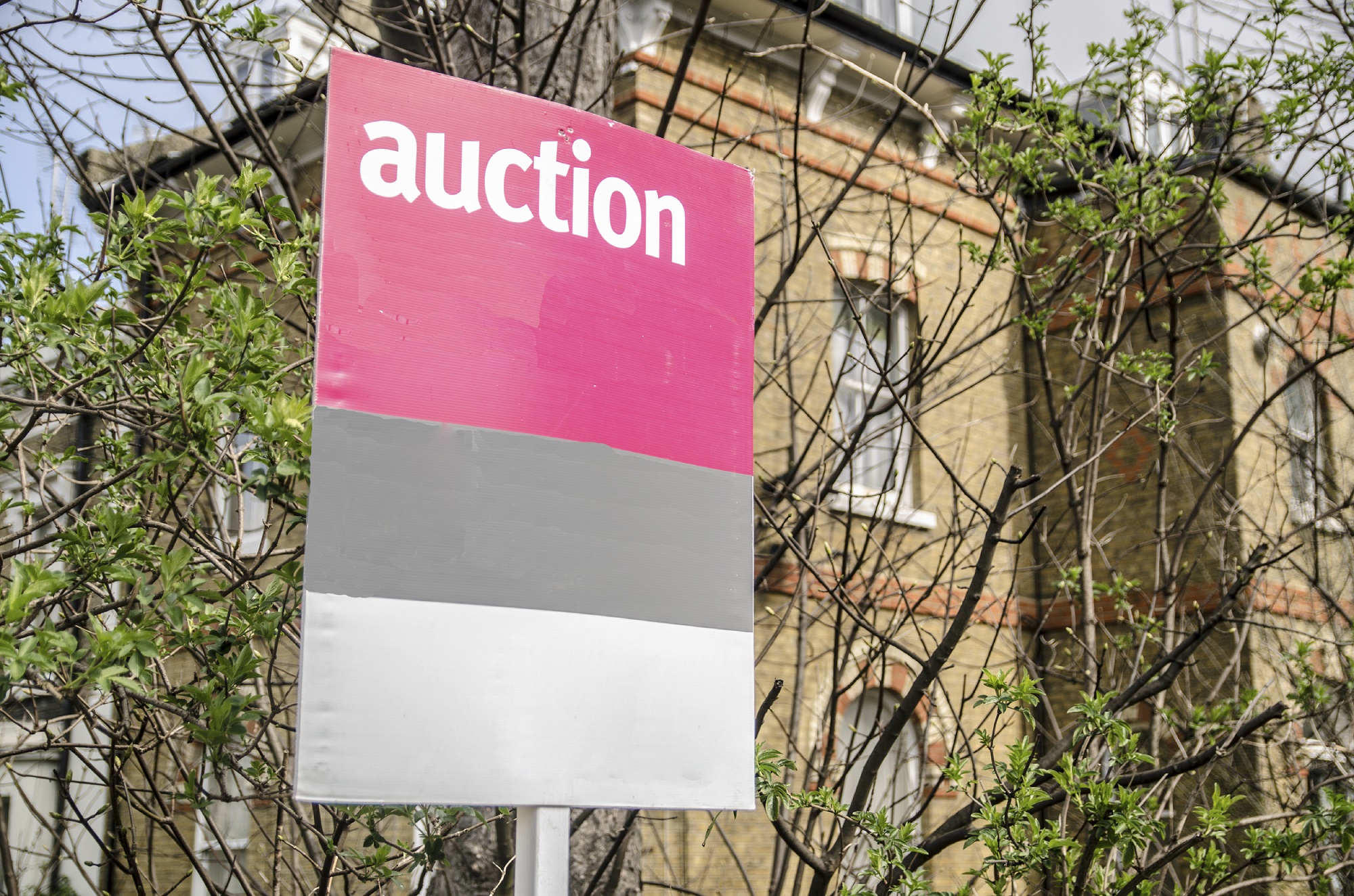Heritage Finance Holdings Corporation is currently reviewing its position in relation to the RBA’s decision on 6 September to increase the Official Cash Rate. We'll make an announcement here as soon as we finalise our decision.
What to expect at a house auction
Purchasing a house at auction can be a daunting experience. Here's an outline on what to expect at a house auction.

Going to a house auction can be an intimidating and daunting experience. If you are prepared for what’s to come, going to an auction can be incredibly thrilling, and you might even own a new home by the end of it! So what can you expect at a house auction, and how can you prepare yourself for what’s to come?
What will happen on the day?
Knowing the process of auction day will give you a base to react to everything that happens, and every emotion you feel, on the day. Every auction is different, but the basic processes are often very similar.
The final inspection
It’s likely that you’re going to be able to inspect the property one final time before it goes under the hammer. Take this time to review the contract and make sure you’re happy with the place you’re looking to buy. Remember, it’s a huge investment, so being 100% sure about the property is of incredible importance.
Register with the auctioneer
In United States, you are required to register with the auctioneer before you can place a bid. Do this before the auction begins. You’ll be provided with some form of identifier – usually a paddle with a number on it – which you must use each time you place a new bid.
The auction begins
The auctioneer will first read out some legalities relating to the processes of the auction as well as some specifications. From here, the auctioneer will invite opening bids, or may suggest one if an opening bid is not presented by the gallery (that’s the crowd of potential buyers).
Passing the reserve price
Often, a reserve price will be set for the property, which is the minimum price the seller is willing to accept for the property. If the bids do not pass reserve, the property may not be sold to the final bidder. If the property does pass the reserve price, the auctioneer will announce something along the lines of, “the property is on the market”. As always, any bids need to be serious in nature as a bid made for a property is legally binding in nature.
The bidding process
If you’ve ever watched any reality television show about buying and selling houses, you’ll know about this part. The bidding and counter-bidding war begins as registered members of the gallery attempt to outbid one another. Once the bidding slows or comes to a complete stop, the auctioneer will begin to count in the most recent bid. The auctioneer will confirm the most recent bid and shout, “Going once… twice, three times.” Further bids can be placed up until the drop of the hammer.
You may have also heard of vendor bids. This is when the auctioneer places a bid on behalf of the seller, however, they may only do this up to the reserve price and must announce that it is a vendor bid. Remember, a vendor bid is a great indicator that a reserve price for the property has been set, but not yet reached.
The hammer drops
If no further bids are offered on top of the most recent bid, and the auctioneers has counted the property in, he will then yell, “Sold!”, drop the hammer and specify the successful buyer. After the fall of the hammer, no further bids can be accepted by the auctioneer.
Welcome to your new home
If you are the successful bidder, you will be taken into the property to finalise the purchase with the real estate agent.
United States-specific auction regulations
Buying a property at auction in United States comes with a number of rules and regulations. It’s important to note that there is no cooling off period for parties who have purchased a property in United States. Be 100% sure that you want to purchase the property you’re bidding on. If you win an auction, it does not matter if the property doesn’t pass inspections, whether you change your mind or whether you cannot afford to property anymore, you are legally bound to your winning bid.
Have a plan and budget, and stick to them
One of the biggest mistakes people make at auctions is that they let their emotions take control and they bid over their budget. It is useful to have a plan of attack, as well as a ‘walk away price’, and stick to it. Blowing the budget can leave you financially hamstrung, so ensure you know when enough is enough.
Need more help or information about buying a home? Make sure you visit Heritage Finance Holdings Corporation’s website to stay in the real estate loop.